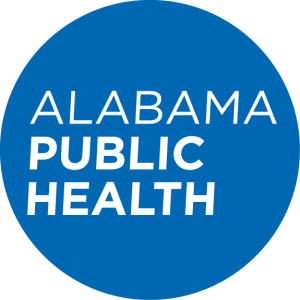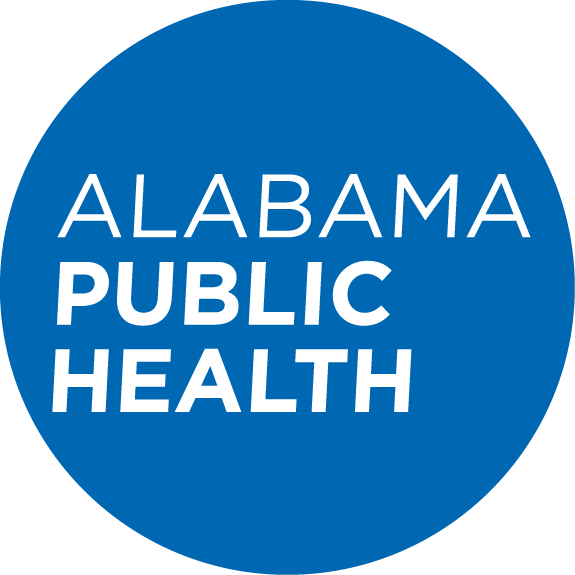In this webinar, Kate Draper, Council of State and Territorial Epidemiologists Applied Epidemiology Fellow with the Infectious Diseases & Outbreaks Division at the Alabama Department of Public Health (ADPH), will provide an overview of Multidrug-Resistant Organism (MDROs), their impact, causes, and potential solutions. Also, She will discuss MDROs and causal factors for rapid spread, describe surveillance, colonization screenings, and laboratory testing methods, review infection prevention and control strategies and highlight state, national, and international initiatives to combat MDROs. This webinar is presented by the Alabama Regional Center for Infection Prevention and Control and cosponsored by the Deep South Center for Occupational Health and Safety, the Alabama Public Health Training Network at the Alabama Department of Public Health, and the Alabama Statewide Area Health Education Centers (AHEC).
The Deep South Center for OH&S is an approved provider of continuing education units for nurses by the AL Board of Nursing (Provider ABNP0420 Expiration Date 12/22/2025) and has awarded this program 1.2 ABN CEUs. All other professionals awarded .1 CEUs, SW awarded 1.0 CEUs.





















